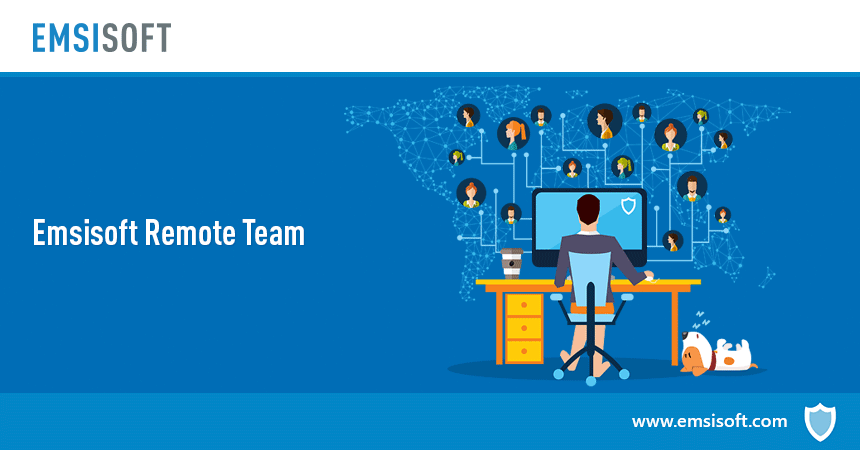Products I ruled out already (and why):
So that leaves:
I’m finding it difficult to narrow down one product from these three. Mostly because none of them are perfect and I have different concerns with each.
- Avast (historically sketchy business practices, notification-heavy, + Gen Digital)
- AVG (see above + Gen Digital)
- Avira (under Gen Digital)
- BitDefender (“bugdefender,” bloated software with Tune Ups and optimizers and VPNs, even at the cheapest subscription)
- Comodo (abandonware—yes, I am aware of their upcoming release but the company is too slippery for my taste, poor detection capabilities)
- Dr. Web (doesn’t participate in testing, comsidered lower-tier)
- ESET (sig-heavy, heuristics and behavior guard missing or sub-par. Manual setup of heuristics is time-consuming and user-unfriendly)
- G-DATA (slow, looks outdated, dual engine is decent but nothing to write home about, no recent achievements in testing)
- Microsoft Defender (used for the past 3 years, it’s good but I want a change of pace. I’m security conscious so Defender is really all I need. But Defender is not an option simply because I’m tired of it and want a paid AV just for the heck of having one)
- Malwarebytes (Good for catching some things, completely misses with others. Not a well-rounded product in real-time mode. Used to be a side-kick program to other AVs, company says they can fly solo now, but I have my doubts. Great second opinion scanner tho)
- McAfee (shady business practices, bloated, slow—these last two might have changed but I still won’t be using the product)
- Norton (see above + Gen Digital + cryptominer…what in the world?)
So that leaves:
- Emsisoft Anti-Malware Home
- F-Secure Internet Security (successor of SAFE)
- Kaspersky Standard
- If you know of any other solid products, please comment below.)
I’m finding it difficult to narrow down one product from these three. Mostly because none of them are perfect and I have different concerns with each.
- Emsisoft seems to be focused on business security more so than home security. They shut down their public support forum a while back. They stopped participating in many testing programs, and so on. Fabio (their ransomware superstar) has been quiet for some time. Company isn’t in the headlines as much as it used to. Seems like a sinking ship but I might just be plain wrong here.
- F-Secure seems to be quite well-rounded. Decent dual engine (Avira + in-house), nice behavior blocker in DeepGuard, more privacy respecting than other AVs, etc. But they’ve historically had issues with tamper protection and were vulnerabile to being disabled by malware. Not sure if this has been fixed. Also, does anyone know if they install a root certificate for your browser for HTTPS Scanning? Like many other AVs do, Kaspersky comes to mind as one. And lastly, their de-merger might mean something odd is going on financially.
- Kaspersky is a great product all around too. Maybe even the best comprehensive suite on the list. It’s perfect. Except for a few things. For one, it installs a root certificate to scan your HTTPS traffic. Not a deal breaker but something I’m not a fan of. Kaspersky also requires core isolation and memory integrity to be turned off because it uses its own hypervisor. Not a fan of that. And finally, the elephant in the room. It’s Russia-based. And while I do not care for picking sides in this geopolitical mess, I can’t help but worry about the software being weaponized in the future. I know the western governments are pushing propaganda and fear-mongering. They have done and continue to do the same things they accuse Russia of doing with Kaspersky. I get all that. I also believe the Kaspersky employees themselves are by and large good people, as good as any at other AV companies. But I can’t help but feel a slight worry that with the way things are going with escalating tensions on both sides, that fear-mongering might turn into legitimate concern. Someone tell me I’m wrong. I want to hear that lol, because I like Kaspersky quite a bit. Looking for an excuse to install it.
Last edited:



